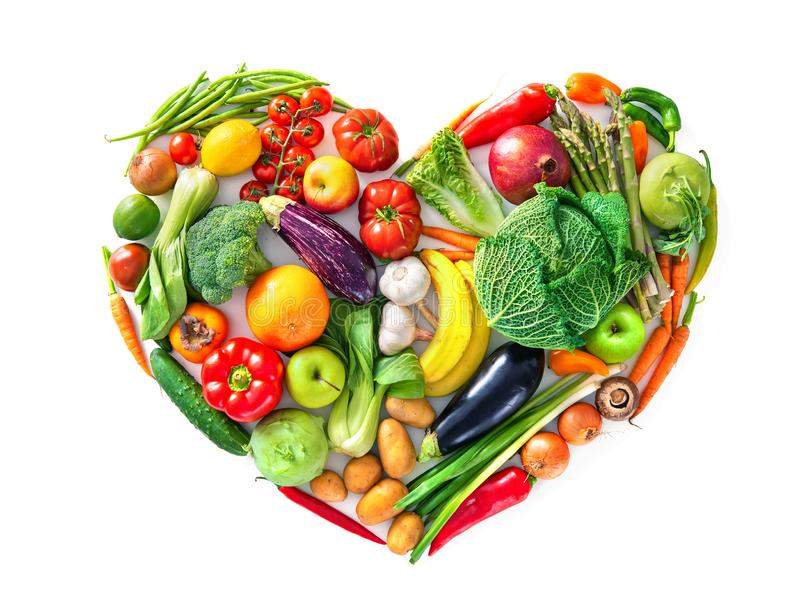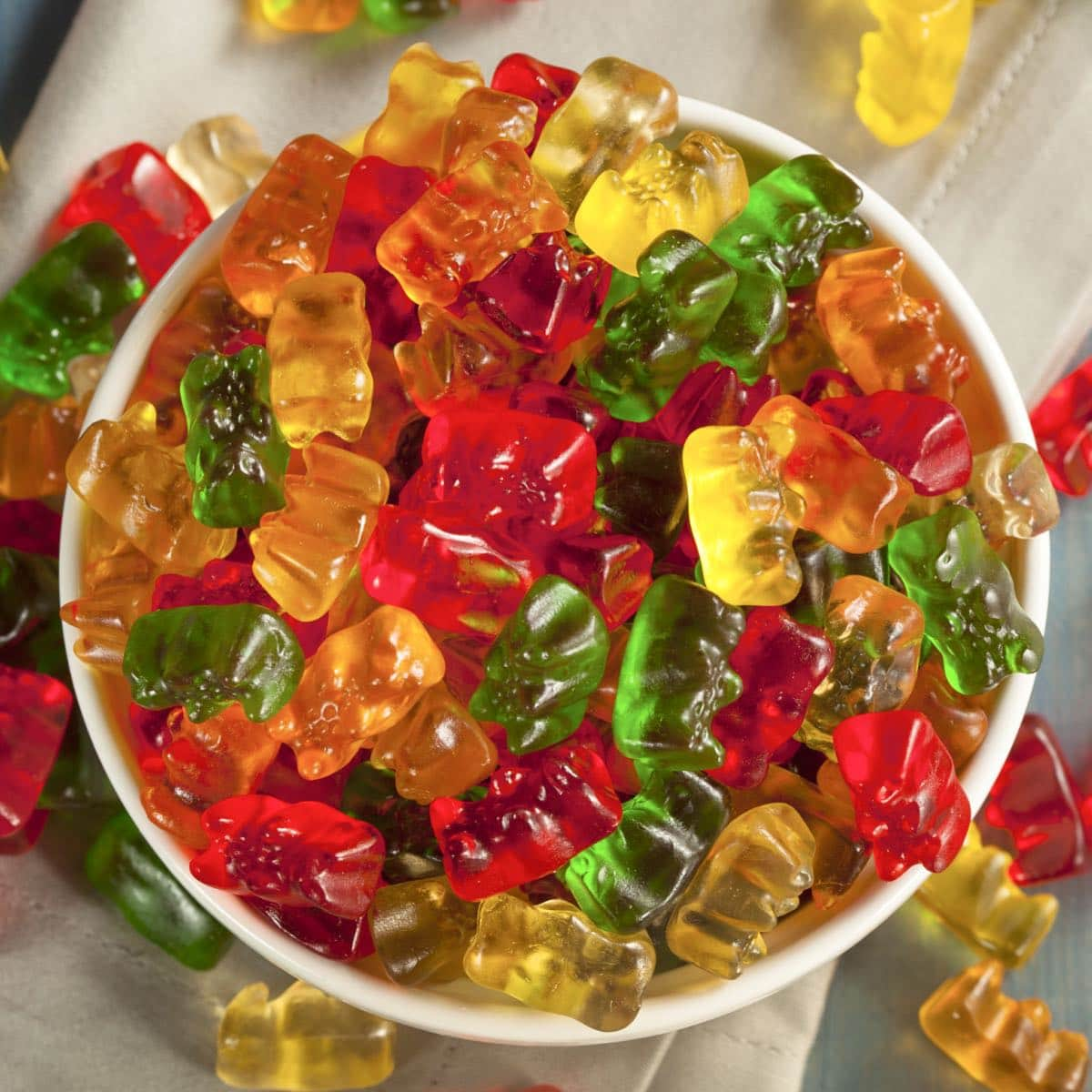NUTRITIOUS FOODS THAT CAN HELP WITH WEIGHT LOSS
Moreover, when you eat far less than your body requires,
it causes the breakdown of your muscles and organs for fuel. The less muscle
mass you have, the slower your metabolic rate becomes, which can impede your
weight loss efforts.
Instead of limiting your calorie intake, experts suggest focusing on consuming healthier foods as a more effective weight loss strategy. According to Jamie Feit, a registered dietitian nutritionist and the founder of Jamie Feit Nutrition in White Plains, New York, these are the best foods to sustain a healthy and successful weight loss plan."
It is a fact that weight control is primarily a hormonal response to
certain foods. "Hormones send signals to the brain that influence our
cravings, hunger, and body weight," he explains. Here's how specific foods
affect your hunger hormones:
According to Dr Olesiak, protein satisfies your appetite quickly and keeps you feeling full for an extended period. It also reduces the secretion of the hunger hormone ghrelin after meals, thereby decreasing hunger pangs.
"Moreover," he adds, "protein requires
more energy to digest and promotes the development of lean muscle mass, both of
which can boost metabolism."
It is further explained that dietary fibre slows down
digestion and ensures a gradual increase in blood glucose levels. This, in
turn, triggers a slower release of the fat-storing hormone insulin. Kara
Landau, a registered dietitian, gut health expert, and the founder of snack
brand Uplift Food in Brooklyn, New York, explains that consuming foods rich in
prebiotic soluble fibre can help you feel satiated for a longer time,
preventing overeating and reducing overall calorie intake. Additionally, periodic
soluble fibre feeds the beneficial bacteria residing in your large intestine,
which promotes better gut health.
It is found that ultra-processed foods are low in nutrients and fibre, which means they are digested rapidly. Foods like potato chips, candy bars, and toaster pastries cause a quick surge in blood glucose levels, leading to a significant release of insulin. As insulin has to rapidly clear glucose from the bloodstream, most of the calories from ultra-processed foods are stored in fat cells.
"As fibre moves through the digestive system, it
stimulates the release of various satiety hormones, such as gherkin, which send
signals to the brain that you're full," he says.
Dr Olesiak explains that ultra-processed foods, such as
potato chips, candy bars, and toaster pastries, are low in nutrients and fibre,
resulting in quick digestion. Eating these foods causes a rapid increase in
blood glucose levels, leading to a significant release of insulin. As insulin
has to remove glucose from the bloodstream quickly, most of the calories from
ultra-processed foods are stored in fat cells.
Instead, it's best to consume whole, unprocessed, and high-quality foods that naturally control hunger, increase metabolism, and promote fat burning. Feit recommends avoiding processed foods, fried foods, and refined sugars and paying attention to portion sizes. One effective strategy is to use the plate method, where half of your plate is composed of fruits and vegetables, a quarter is lean protein, and a quarter is fibre-filled carbohydrates.
Eating a variety of clean and unprocessed foods can also
improve gut health, which is linked to a stronger insulin response and reduced
fat stored around the midsection. Furthermore, a healthy gut can decrease
inflammation and boost immunity, leading to improved physical and mental
well-being that can help you stay on track towards your weight loss goals, as
suggested by Landau. Leafy Greens









Comments
Post a Comment